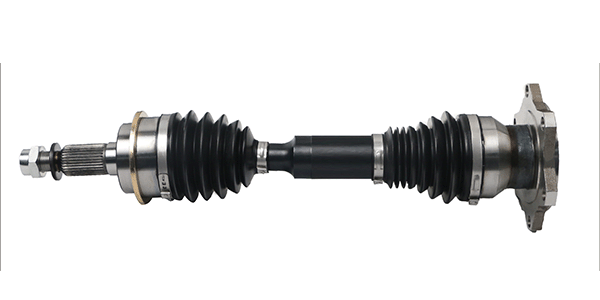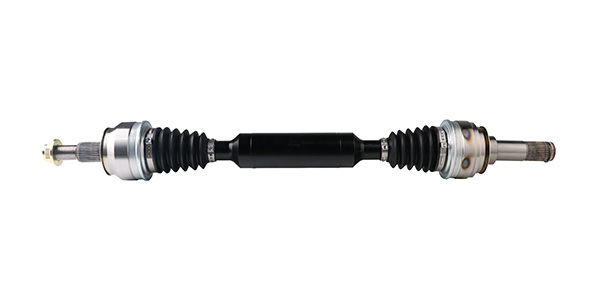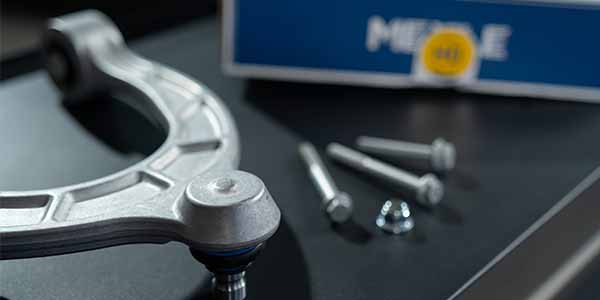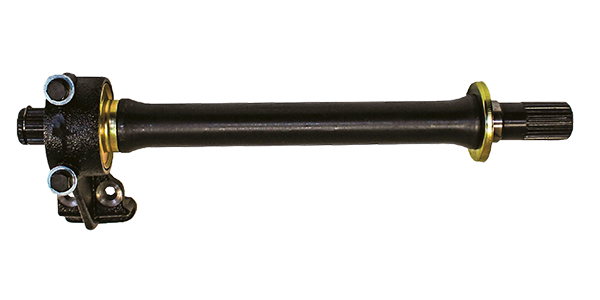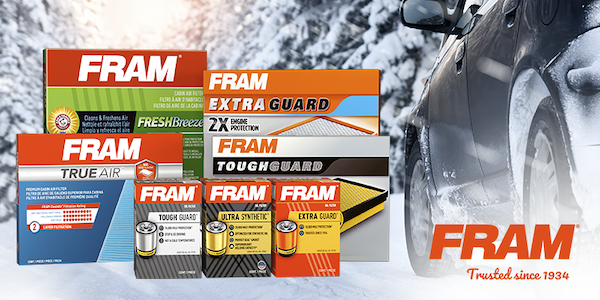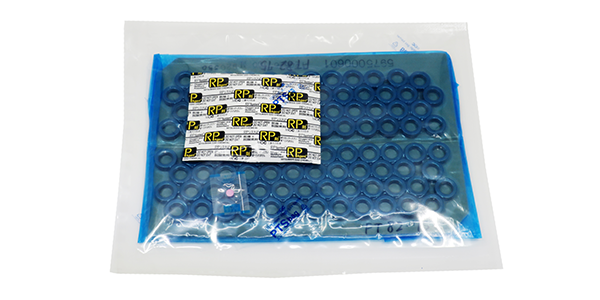
Whether you’re an installer, retailer, or distributor, it’s important to work with a quality auto parts manufacturer. That way, you can offer your customers assurances about quality and reliability, minimize returns and comebacks, and save time hunting for products.
Here are a few good rules to follow for finding a quality parts manufacturer.
Part Variety
Variety is important. Developing a relationship with a single manufacturer is preferable to juggling several suppliers that offer limited options. When you work with a single manufacturer, you reduce the complexity of finding and ordering parts, dealing with returns, etc.
If you have to find a new manufacturer every time a 1980-something vehicle rolls into your shop (or someone looks for a part on your website), you’re going to waste a lot of time.
Product Quality
Some aftermarket parts suppliers emphasize cost over quality. While this helps make their parts cheaper, it can cause frustrations down the line. If you’re an installer or retailer who has to deal with a comeback, the “savings” of a low quality part can evaporate quickly.
Be sure to not compare manufacturers on the sole basis of price. There’s a bit of experimentation involved in finding a great parts supplier. We suggest evaluating them by asking these questions:
- Are they an OE manufacturer?
- Do they offer an OE comparable warranty with reimbursement for installers?
- How long have they been in business?
- Are they a manufacturer, or are they rebranding parts from other companies?
Communication & Support
You want a manufacturer that has reliable lines of communication. If a part sells out or gets discontinued, they should update the inventory on their website and notify their customers.
Technical support is also important. A high-quality manufacturer will offer help to installers or consumers with any problems.
Questions to Ask a Manufacturer
Asking the right questions can save you time and money.
What year do your parts go back to?
Even though the average age of a vehicle is 11.3 years, you still want to offer parts for classic cars.
How many OEMs do you have coverage for?
The more, the better.
What is your company’s process for discontinuing parts?
If they dodge the question or give you a vague answer, take it as a huge red flag.
What’s the process for offering new parts?
You want a manufacturer that will keep you informed when they produce a new part. You’re going to look good to your customers if you keep updating your catalog with new information.
Can I take a look at your catalog?
Check out their catalog to see what kind of parts your customers are going to get if you sign with them.
Finding the right parts supplier can take time, but being able to offer a variety of quality parts to your customers will be worth it.
This article was sponsored by GMB North America, Inc. For more information, please visit our website at www.gmb.net






